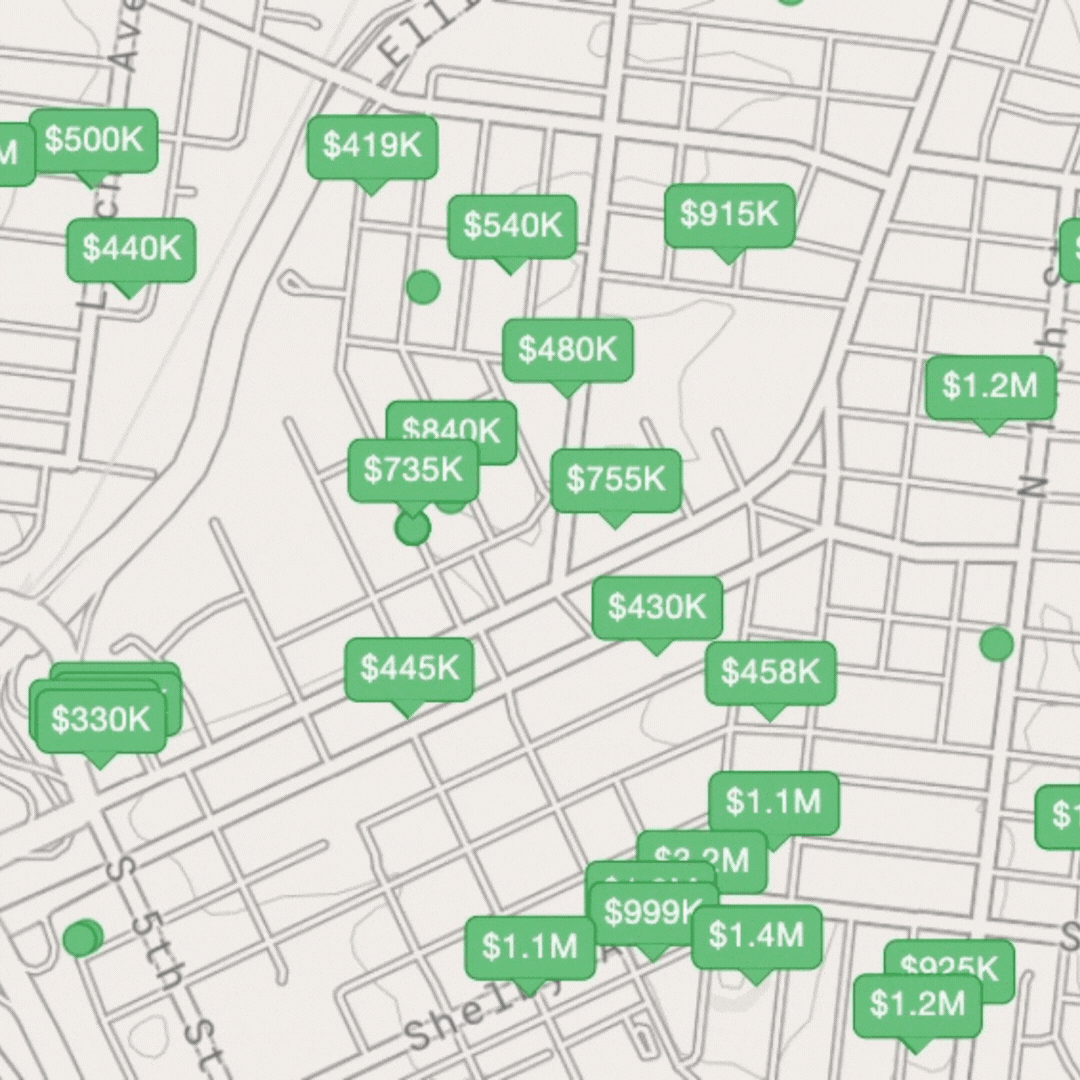Thinking of selling your home? There are many things to consider before formally listing the property on the open market.
1. Know your competition.
You’ll need to know how many homes in your price range are on the market. If there are several homes in your neighborhood waiting to sell, price your home aggressively to get buyers to choose yours.
If there are fewer homes in your neighborhood for sale, shoot for a price that’s just above your desired listing price.
2. Find the rate of consumption.
How many homes in your price range have sold recently or are currently available? How many of those homes have sold per month for the last three to six months?
In the real estate industry, the number of homes sold in a neighborhood per month is called the “absorption rate” or “rate of consumption.”
With this number, you’ll get a clear picture of the time it will likely take to sell the home. It’s not a guessing game — it’s a business calculation.
For example, your home is worth $400,000, and two homes per month have sold in that price range. There are four homes currently on the market in that price range.
You know it will take two months using this formula: four homes for sale, divided by the number of homes that sell each month in that price range, equals the time it takes to sell the home.
3. Determine the home’s condition.
It’s important to compare the condition of your home with other homes on the market and to those that have sold. Drop any emotional attachments to its value or a certain dollar figure.
Be realistic. Look at the condition of the landscaping. Compare the exterior paint and updates. Review the condition of the carpet, flooring, appliances, roof and interior paint with homes that have sold.
Evaluate your home the way a picky buyer would, and have honest expectations.
4. What is my home worth?
Look at competition and consumption. Your home is worth what comparable homes in your area have sold for in the past 30 to 60 days, not homes that are currently listed on the market.
Buyers know that homes must be priced with actual recent sale prices, not simply on listing prices. You must take comparable sales into consideration when you decide on an asking price.
If you think someone might fall in love with your home and offer you more than it’s worth, think again. Buyers use popular online real estate listing sites such as Zillow, Yahoo, MLSs, realtor.com, Movoto and Trulia. The list goes on and on. They are armed with data and educated.
Houses priced at what they’re worth based on comparable listing data sell more quickly — and for an amount closer to asking price — than homes that debut with an inflated price tag.
5. Important final adjustments
Finally, let’s look at some of the factors that help tweak or refine your asking price to ensure you’re pricing your home competitively and taking into consideration nuances of your individual home and situation.
- Consider your price bracket: Listing websites have price filters in increments of $10,000, $50,000 and $100,000 — depending on the price range. If you’re close to one of these thresholds, it might be a good idea to drop down the listing price so that you reach a wider audience.This might sound a little unconventional — actually, it probably sounds highly unconventional. But this is what you have to do if you’re going to compete in today’s market. Price your home so that you’ll get a fair value for it, but also price it so that it will sell.
- Identify carrying costs: Can’t decide between a lower or higher price? Understanding your monthly outflow will help you make an informed, logical decision about your listing price. Add up these monthly expenses
- Mortgage
- Insurance
- Association fees, if applicable
- Utilities
- Taxes
- Maintenance, including mowing service, cleaning company and repairs
- Local factors: Understanding local economic and social factors will help you predict what type of buyer will end up calling your place home when the ink dries.
- Has a big company recently moved into or out of the area?
- Are your competitive homes for sale mostly newer or older than yours?
- What is the performance of local schools?
- The biggest factor is you: Remember that the context surrounding your asking price has to do with you as well — not just the market.
Are you being transferred for work or do you need to sell for other reasons? If you’re in a hurry to sell for personal reasons, pricing your home even a few hundred dollars lower than competitive homes can put you at the head of the line.

